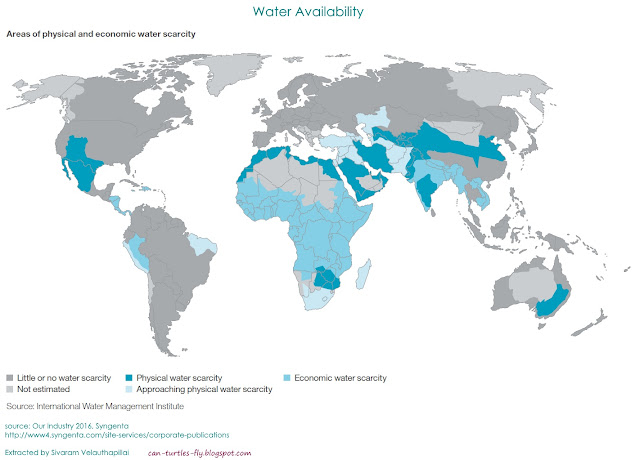Bought: Monsanto (MON)
I bought Monsanto (MON) as a risk arbitrage position a few days ago. Potential return is pretty good if you believe the risk is low (spread of about 9%, my expected return of around 7.7%). Deal expected to close by end of this year (maybe worst case Q1 2018). I find it really hard to invest in this environment. Everything just looks highly valued and there aren't too many areas that are beaten down or appears cheap. I have been researching some out-of-favour industries (like retail, radio broadcasting, oil & gas) but they are not good industries in the long run. I hope my impatience doesn't end up hurting me but I took a really large position in this deal. I was researching the position for almost an year when the merger spread was much higher (18% as recently as January of 2017). In fact, it looked like an attractive position ever since Berkshire Hathaway took a small position late last year (likely as a risk arbitrage position but with spreads likely more than 20% at ...

.jpg)